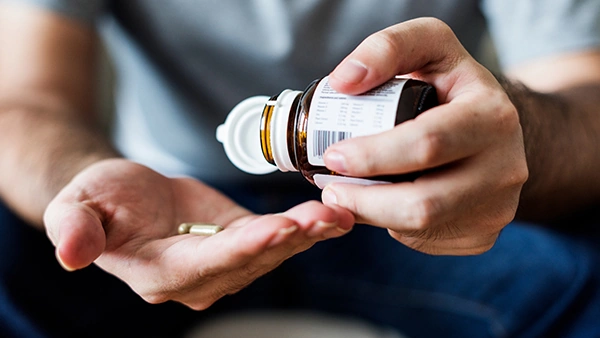

New arrangement makes it easier for private healthcare providers to comply with CMA Order.


The Nobel Prize for economics in 2016 was given to economists Holmström & Hart who emphasised the importance of identifying…


Listening to patient feedback, why it’s more important than ever and how you can do it easily.

Maintaining a focus on listening to patients…

The reputation of any organisation, NHS Trust or business is directly linked to how successful it is

How one Trust used the voice of its patients to boost the morale of its workforce.


How does a disease impact on a patient’s life and who are the people most qualified to answer this question?


Patient Experience Reports from iWGC. Check out our latest video explaining how they can benefit your organisation.
Suite 16 & 17, Cromwell Business Centre,
Fairfax House,
Cromwell Park, Banbury Road,
Chipping Norton,
OX7 5SR